
“Night,” by Elie Wiesel is a memoir told from Wiesel’s firsthand experience of the Holocaust and death camps as a Jewish person.
The use of dramatic irony is a common theme throughout the story as the characters wished they’d known sooner what was coming to them. They’d assumed they would be safe and that nobody would be coming for them, and as a reader it’s impactful because you know what’s coming.
I first started reading the book for a class assignment and soon finished the 144-page memoir in 40 minutes. Shortly after, I bought a copy of my own.
It was a different experience to read about the Holocaust from the point of view of someone who experienced it. 
One certain scene was memorable for its powerful writing and storytelling, and it involved the loss of Elie’s faith.
In the beginning, a strong character trait of Elie’s was his Jewish faith. He was passionate about his beliefs and wanted a mentor, but when he was placed in the camp, both he and his father awaiting certain death, he questioned if there really was a God.
The loss of Elie’s faith was a huge part of the story and was a subject that would be revisited in the future. He found it difficult to go on when he stopped believing in his God because now, he had no hope to survive.
That scene spoke volumes about how terrible the Holocaust was for the Jewish community. Of course, there are many other scenes in which I was thoroughly invested, but I don’t want to spoil any more than I already have.
I would recommend this to readers ages 11 and up due to some of the themes, but otherwise, it’s an important book for everyone to read, just so they can be informed about the topic in less of an academic light and show more empathy towards the subject.
Night by Elie Wiesel is absolutely heart-wrenching and easy to empathize with, so anyone with a heart would benefit from this book.


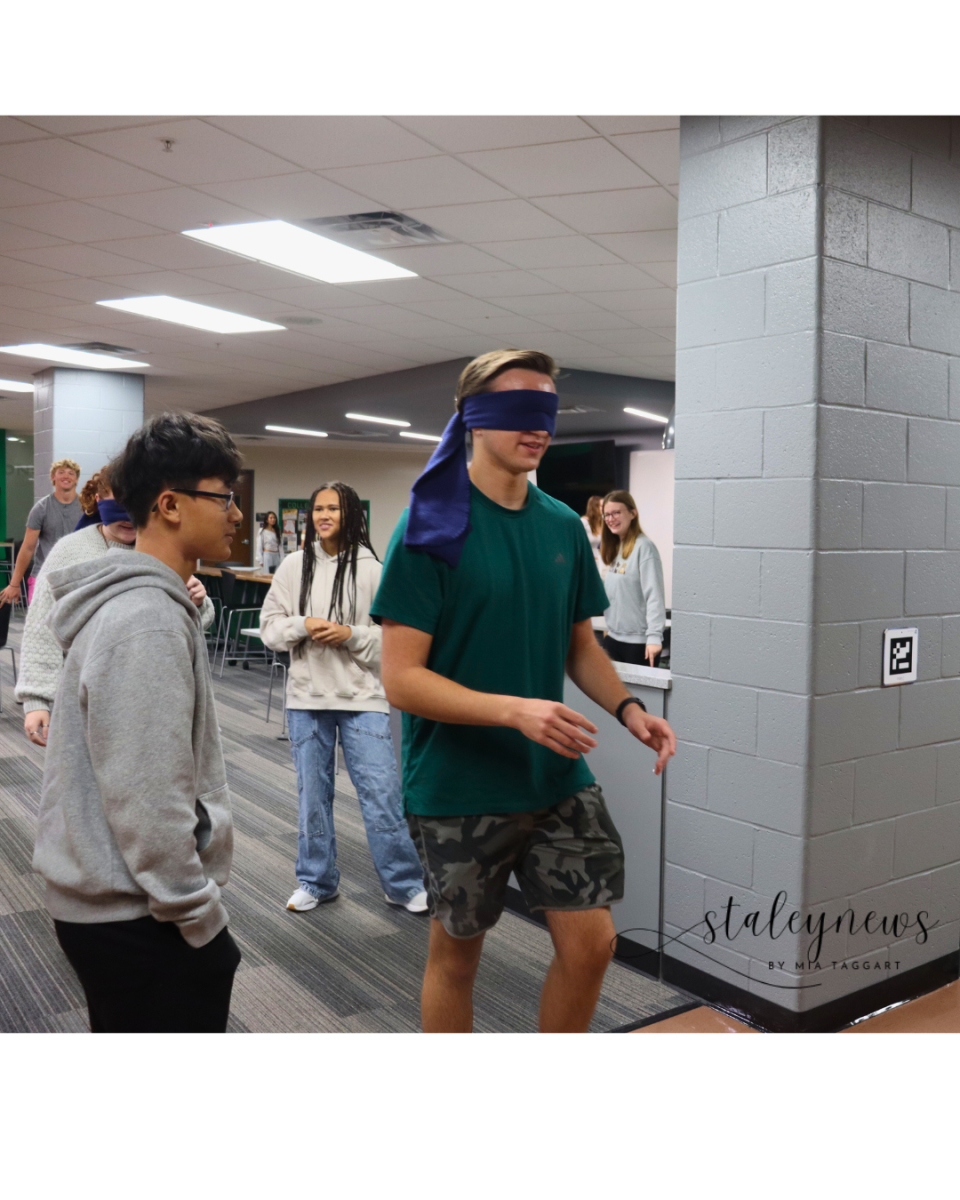



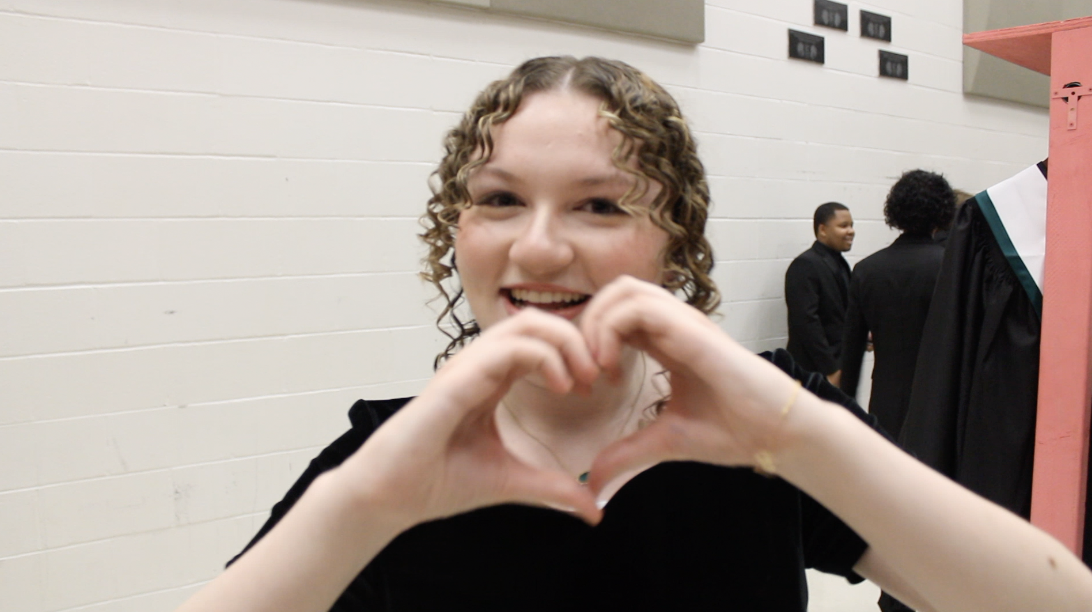
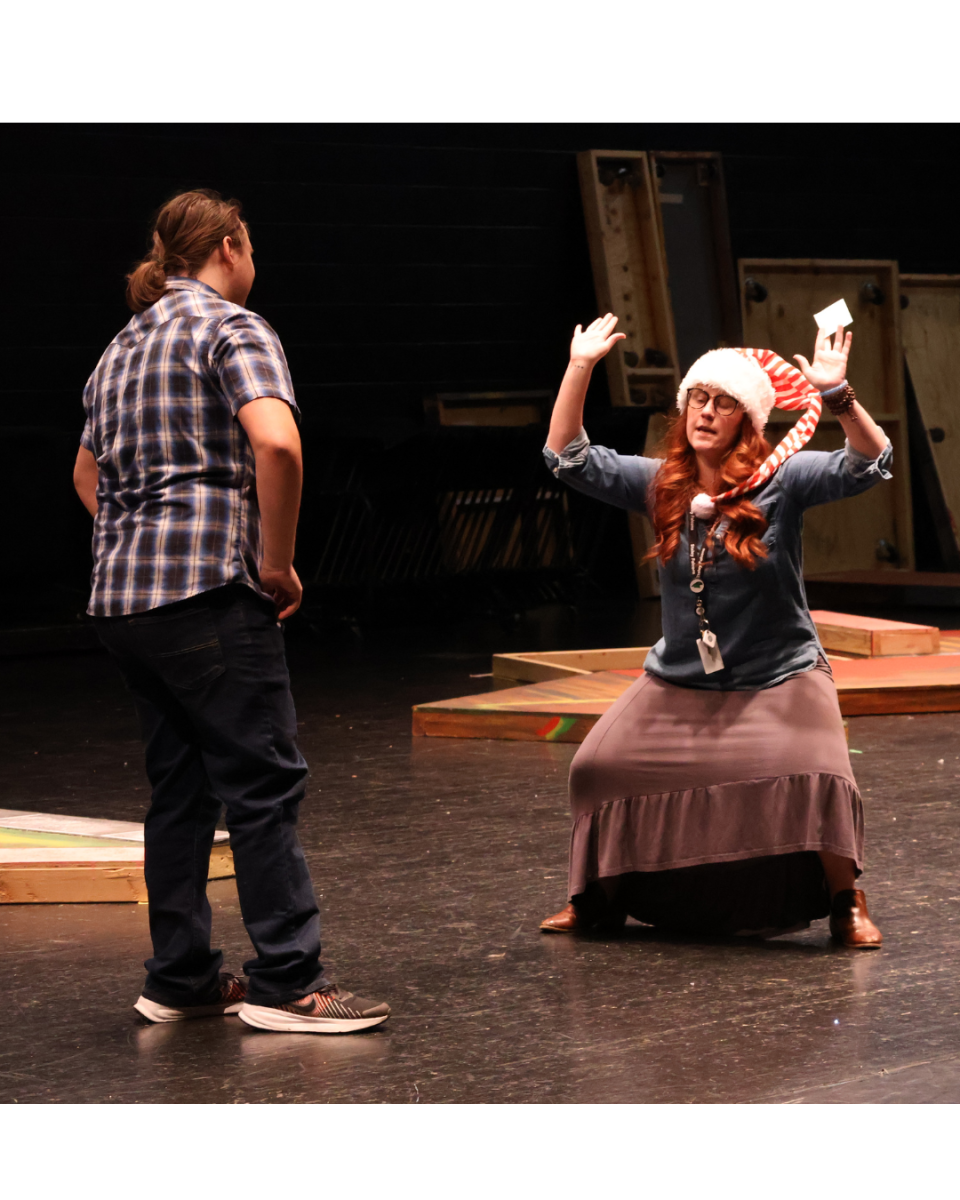


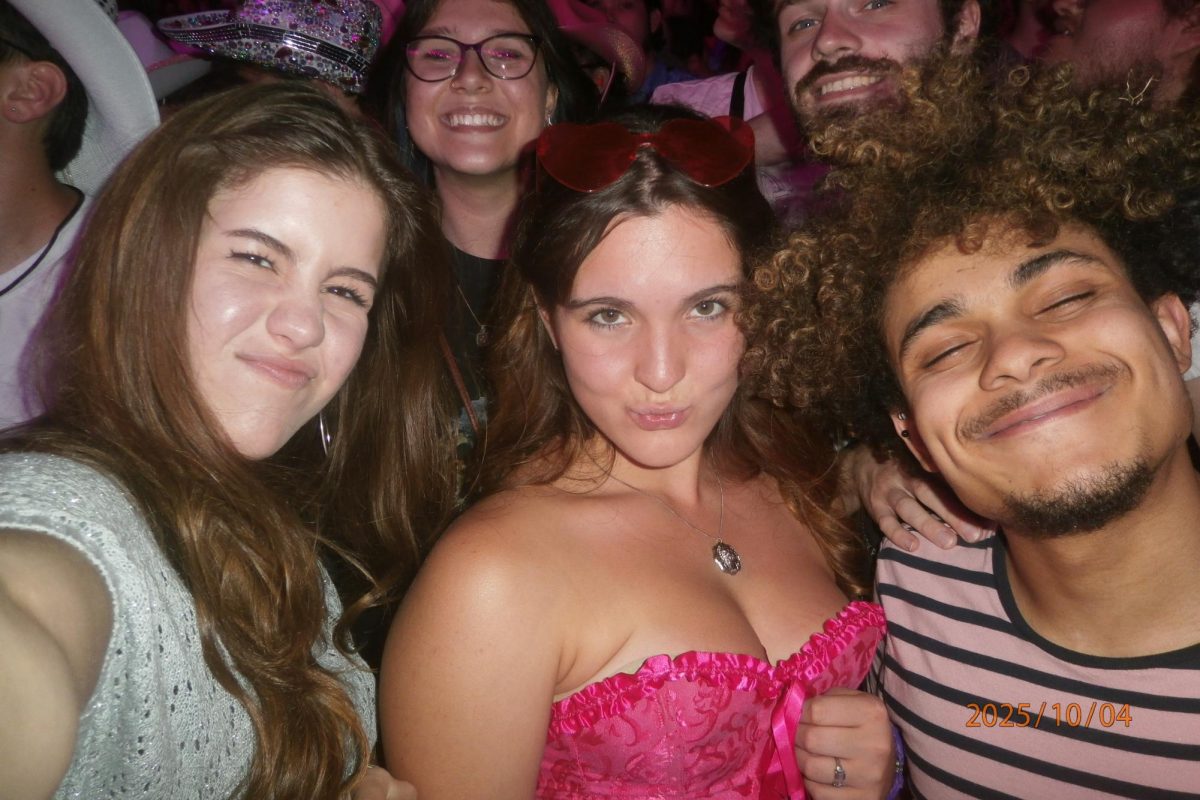









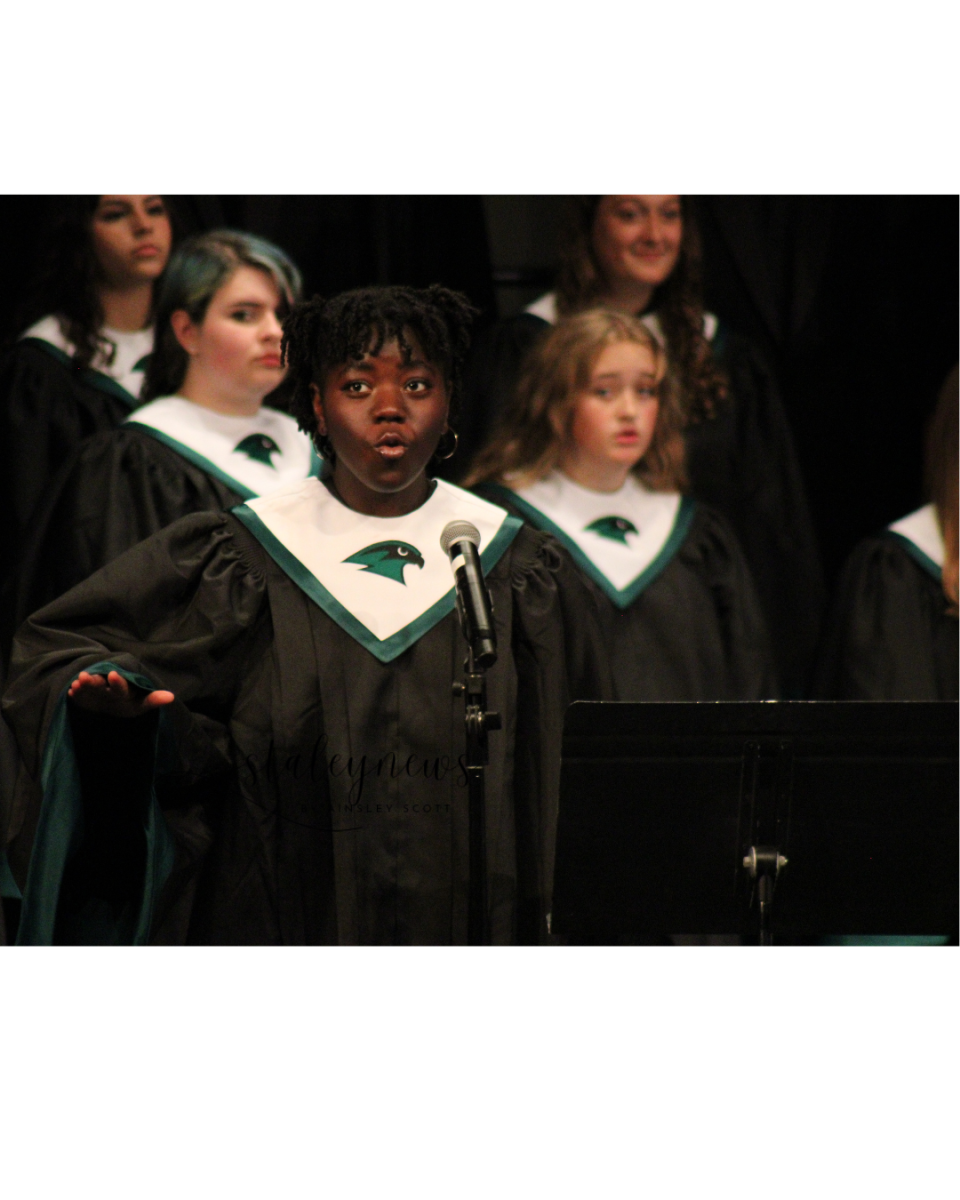






Cyndi vonBulow • Apr 1, 2025 at 10:51 AM
This is one of the best book reviews I have ever read. I will be reading the book because I want to share the passion of the reviewer. It’s very hard to believe this was written by someone still in high school. This young person has a gift.